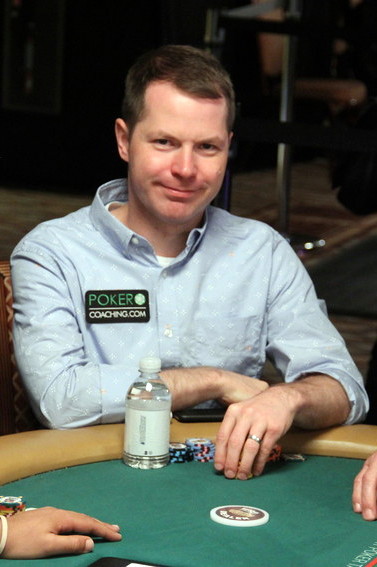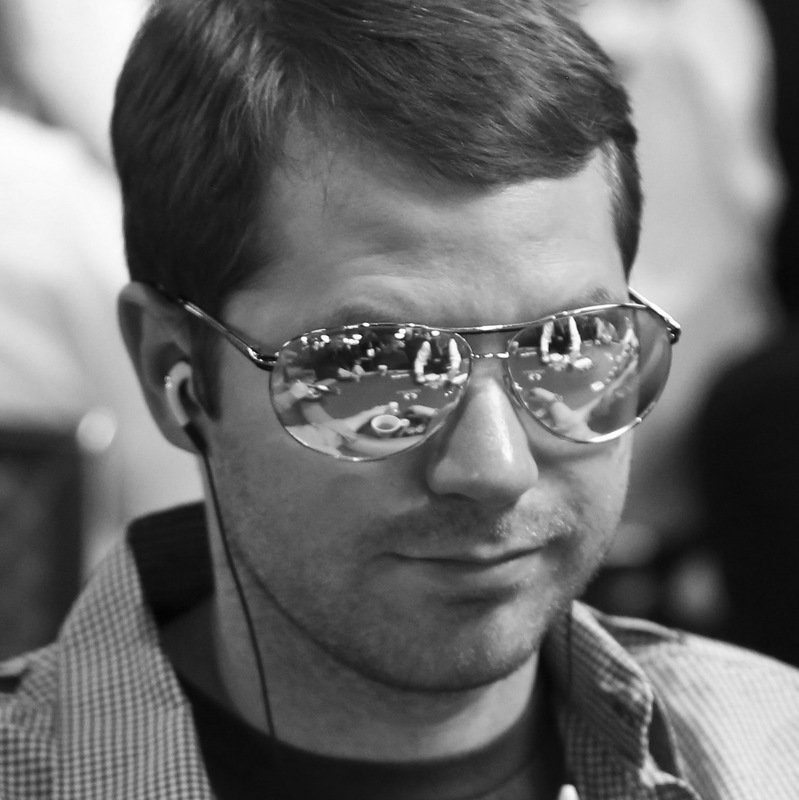






Playing Top Pair By Predicting Opponent Reactionsby Jonathan Little | Published: Oct 07, 2020 |
|
|
Card Player Magazine, available in print and online, covers poker strategy, poker news, online and casino poker, and poker legislation. Sign up today for a digital subscription to access more than 800 magazine issues and get 26 new issues per year!

Jonathan Little
Suppose someone raises to three big blinds out of his 100-big blind stack from middle position, someone calls from the button, and you call with J 10
10 from the big blind. The flop comes 10
from the big blind. The flop comes 10 7
7 5
5 .
.
Your first decision should be whether you should check or bet. While you may think that you should either always check or always bet in this situation, your play should depend entirely on how you expect your opponents to react. If you think they will play in an extremely straightforward manner against a lead, raise with better hands, and call or fold with worse hands, leading is an excellent option. If you think your opponents will make your future decisions tricky by not playing in a straightforward manner, you should check.
If you check, the initial raiser bets, and the other player folds, you should either call or check-raise, again depending on how you expect your opponent to react. If you think he will fold most worse hands to a check-raise (which will usually be the case against most players) calling is vastly superior to check-raising because check-raising will result in your opponent playing well.
You never want your opponent to fold when he is drawing thin. By calling, you give him the opportunity to make additional mistakes on the future betting rounds. If you think your opponent will assume that you must be semi-bluffing with a draw when you check-raise, perhaps because he thinks you like to call with your marginal and strong hands, check-raising becomes an excellent option because it will extract a huge amount of value from worse made hands.
If you check, the initial raiser bets and the other player calls, you again have to figure out if you should fold, call, or check-raise. You should usually call unless you have specific reads about your opponents’ tendencies. If you are confident that at least one of your two opponents has a strong hand, you should fold.
For example, if one or both of your opponents happen to be overly tight and cautious, you should certainly fold because you are probably already crushed, and if you aren’t, both of your opponents have a large number of outs to improve to a hand better than yours. If both of your opponents are overly active, meaning they could have anything, it is probably best to check-raise to an amount that worse made hands can realistically call.
Notice that check-raising to a huge amount is not a good idea because it allows your opponents to easily play perfectly, continuing when they have you beat and folding when you have them beat. If you are unsure where you stand, calling to see what develops on the turn is ideal, although you will often find yourself in dicey turn and river situations.
As you can see, the way you play your hand depends entirely on what you expect your opponents to do. If you are only thinking about how your two cards connect with the board, you will not succeed in the long run. ♠

Jonathan Little
Features
The Inside Straight
Strategies & Analysis